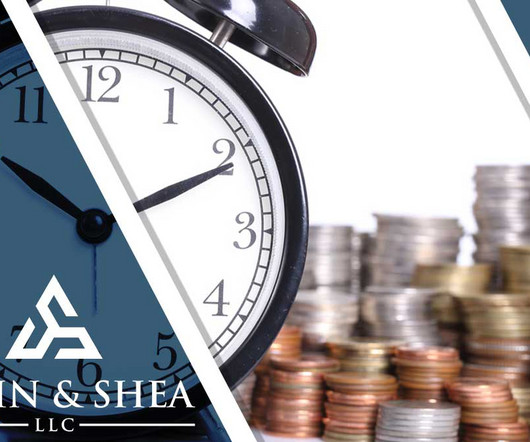Secured vs Unsecured Debt: Everything You Need to Know
Sawin & Shea
NOVEMBER 15, 2023
And possibly the most common question people ask is credit card debt is secured or unsecured. Secured vs Unsecured Debt: What’s the Difference? In broad terms, if a debt is secured, it means it is backed up by collateral property. Unsecured Debt What is unsecured debt?
















Let's personalize your content